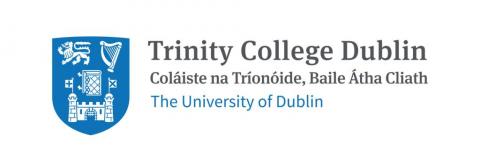
A new report by Trinity School of Nursing and Midwifery (Rising to the challenge: Epilepsy Specialist Nurses as leaders of service improvements and change, SENsE study) has again highlighted the importance of Epilepsy Specialist Nurses (ESNs) in five key areas of epilepsy care.
These include:
- Initiating new clinical practice developments
- Building capability within the multidisciplinary team
- Developing education programmes and resources for people with epilepsy, family and the public
- Exerting influence through membership of committees and lobbying
- Advancing the ESN role
The study method involved 12 ESNs working in five units in Ireland, with 24 multidisciplinary team members and 35 people with epilepsy as well as their family members. Data was compiled using individual and focus group interviews, observation and documentary analysis.
Conclusion
The report concluded: “The SENsE study through the use of multiple data types and sources provides empirical evidence that the ESNs were involved as key players in leading changes within the services. Although some were engaging in a wider range of leadership activities than others, the findings demonstrate that the ESNs were enacting their leadership role at both a strategic and patient-level, and were negotiating change across disciplinary, managerial and organisational boundaries. Not only were they improving accessibility to specialist epilepsy care and improving the knowledge and competence of practitioners to provide evidence-based care, some were actively supporting the development of the next generation of epilepsy specialists.”
2017 Study
Another 2017 SENsE report also found that an innovative model of care involving specialist epilepsy nurses had a very positive impact of the health of people with epilepsy and is a cost effective way of delivering quality care to thousands of epilepsy patients and their families while reducing attendance at emergency departments.
In the last decade, 16 epilepsy nurse specialists (ESNs) were recruited by the HSE's National Clinical Programme for Epilepsy (NCPE). Specialist epilepsy nurses provide a range of services to people with epilepsy including nurse-led clinics, rapid access clinics, telephone advisory services and outreach services.
This 2018 SENsE was authored by Agnes Higgins, Carmel Downesa, Jarleth Varley, Colin P. Doherty, Cecily Begley and Naomi Elliott.
The full report can be downloaded at the end of this article.
The SENsE Report is funded by Epilepsy Ireland and Health Research Board.
